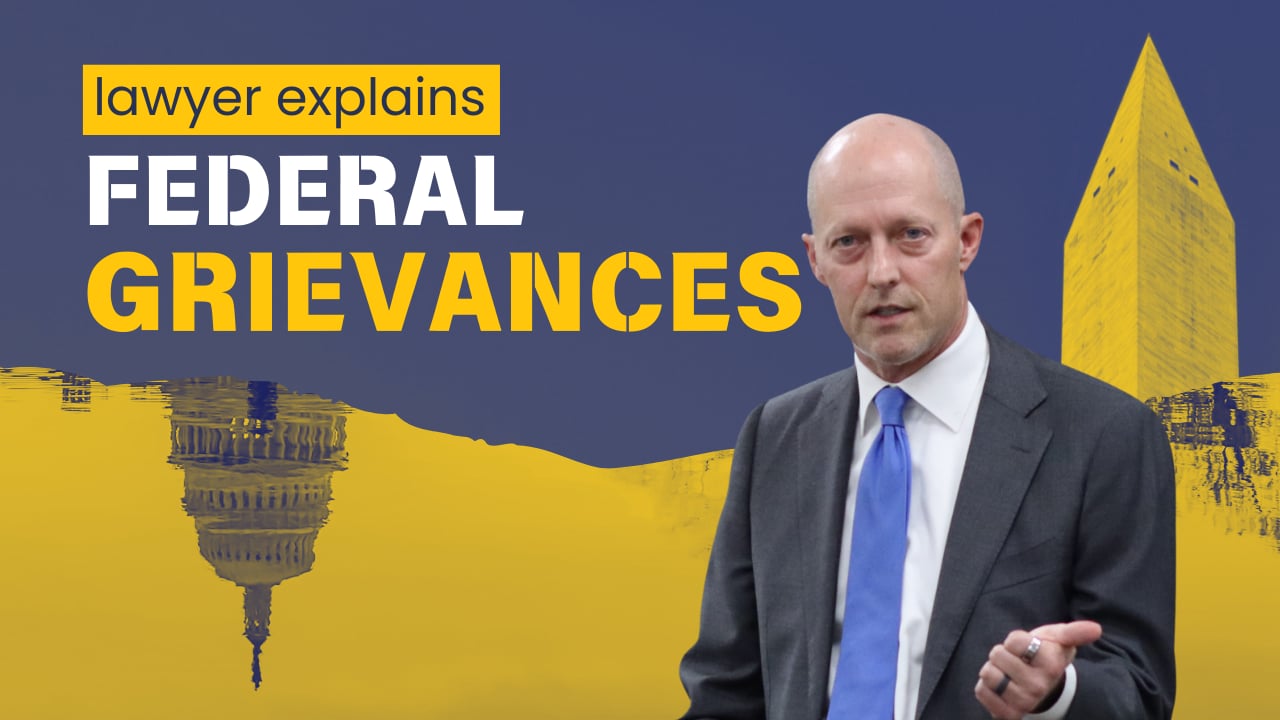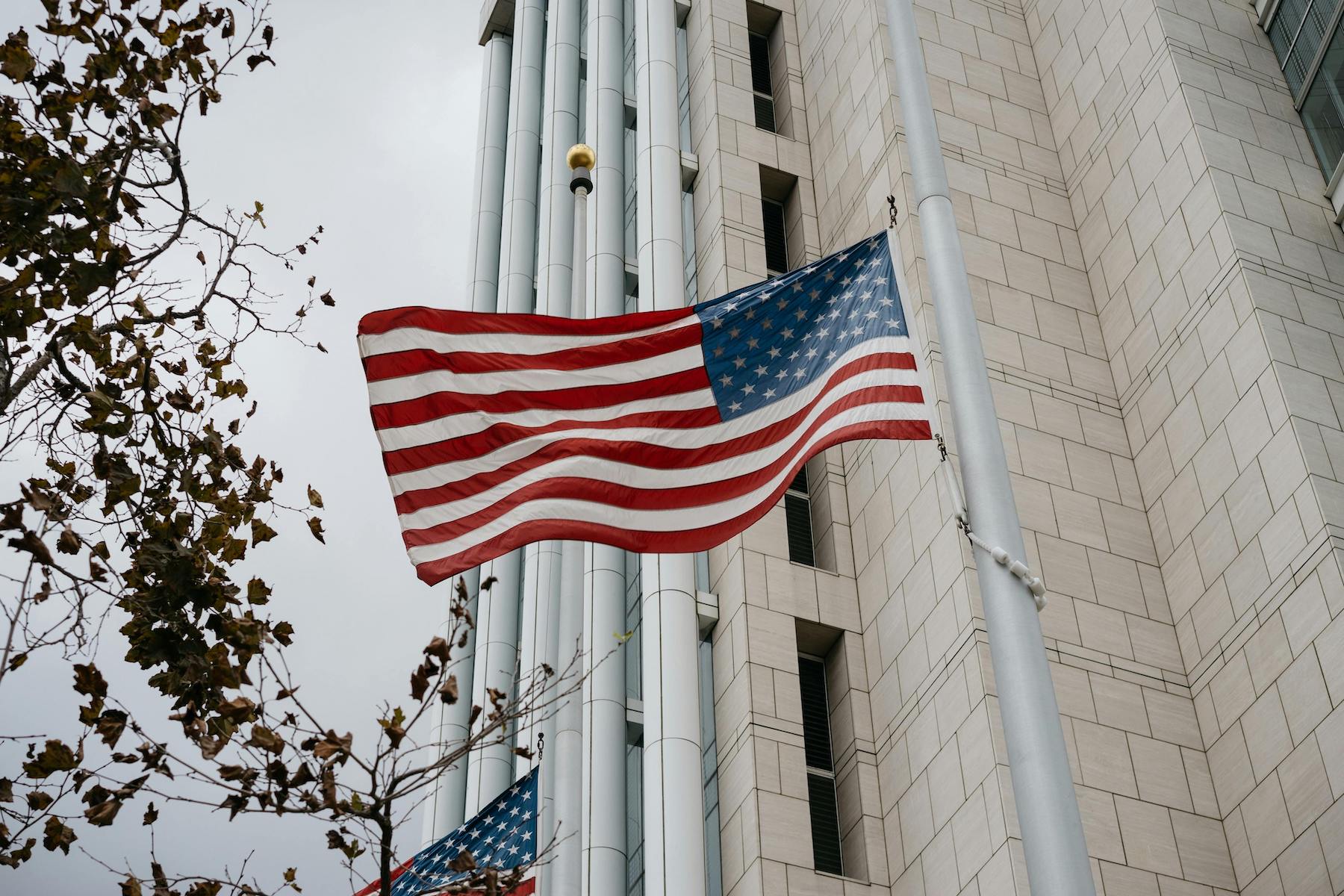 If someone reports sexual harassment to you and you report it to management or human resources, you might be asking yourself, can I be fired? You’ve done the right thing. Your actions entitle you to legal protection from retaliation, which is punishment for making those illegal practices known. If you are punished for doing the right thing, you may have a legal claim against your employer (or your ex-employer) for retaliation.
If someone reports sexual harassment to you and you report it to management or human resources, you might be asking yourself, can I be fired? You’ve done the right thing. Your actions entitle you to legal protection from retaliation, which is punishment for making those illegal practices known. If you are punished for doing the right thing, you may have a legal claim against your employer (or your ex-employer) for retaliation.
Retaliation claims often come from low-level employees who report discrimination or harassment and then are targeted by their managers. But one recent case in New York state court was filed by a high-level NBA employee who worked for the association for 10 years and claimed he was fired for passing on reports of sexual harassment by three employees and for testifying in a sexual harassment case filed by a former NBA employee.
Doing the Right Thing and Being Punished for It
Warren Glover was fired from his job as a security director in July 2011 despite a glowing performance record for most of his tenure, according to an article in the New York Times. Glover said that he was terminated for two reasons:
- he repeatedly told his superiors that female employees were being sexually harassed, and
- he testified during the litigation of a sexual harassment case filed by a former employee.
Glover also named as a defendant Bernard Tolbert, the league’s former senior vice president for security. He left the NBA in 2010, a year after settling a sexual harassment lawsuit filed against him by Annette Smith, Glover’s administrative assistant. Glover stated that it was his sworn testimony in the Smith case that helped trigger the defendants’ decisions leading to his diminished standing in the office and eventual termination.
Glover accused senior NBA security managers of creating a hostile work environment in which he was “demeaned,” “treated differently from other employees,” denied promotions, and eventually fired because of his opposition to sexual harassment in the organization.
 He alleged the following facts in his complaint:
He alleged the following facts in his complaint:
- A female employee was the target of sexual advances by a senior security official who publicly demeaned her after her rejection.
- In 2004, an employee complained to Glover that another security director, John Daniels, had made “offensive verbal remarks” to her after she turned down his unwelcome advance. After Glover relayed those complaints to Tolbert, he dismissed them as false.
- Tolbert denied Glover a promotion to senior security director in 2006, although Glover’s immediate boss recommended the promotion.
- In 2007, Glover reported to Tolbert the complaint by a female employee that a male employee displayed “pornographic material” on his computer and that he had made “offensive and intimidating” remarks to her.
- Tolbert talked to Glover and “delivered a thinly veiled threat” that anyone who told a higher-up about allegations by an employee of sexual harassment “would be fired.” Glover later received his worst performance evaluation score since joining the league.
- In 2008, Tolbert gave Smith a photo of an obese woman lying on top of a man and told her to use it in a presentation warning players about the dangers of drinking. Smith became so upset that she left work. After Glover explained why she left, Tolbert said, “If she doesn’t like it, she can quit. One monkey don’t stop no show.”
- Smith quit and sued Tolbert and the league in September 2008. Senior Director of Security Gregory Robinson later told Glover that he “was in trouble” and that his involvement in Smith’s case “would be detrimental to his career.”
- Glover gave a deposition in the case in May 2009. In June, Glover claimed that Tolbert told him that “It’s all your fault. You testified for your girl.”
- Glover expressed concern about the treatment of female employees and possible retaliation for his actions to Joel Litvin, the league’s president for league operations. Litvin stopped the meeting and told him to go to the human resources department.
- In June 2010, on Glover’s 10th anniversary with the NBA, he received a congratulatory letter from commissioner David Stern and a gold watch. A month later, he was fired, supposedly for poor performance.
“We all had a responsibility to do something in these instances, and I did what I needed to do,” Glover was quoted as saying in the Times. “I don’t feel I put my neck out. It may seem that way now, but under the circumstances I did it and I thought it was the right thing to do.”
In April, the judge in the case released the photo in question involving Smith and Tolbert along with other material, according to the New York Daily News. “The photographs . . . both demean women and represent a culture of sexual harassment and misogyny,” Manhattan Supreme Court Justice Lucy Billings is quoted as writing in her decision releasing the material to the public.
Summing It Up
To have a valid claim of retaliation for opposing or reporting sexual harassment, you need not be the target of that harassment. Like Glover, you could take one of the following actions:
- report the discrimination against or harassment of others to management or human resources;
- testify during the litigation of a discrimination case (or cooperate with the investigation of such a claim);
- suffer an adverse employment action (such as a negative review, be passed over for a promotion, or be fired); and
- establish damages (lost wages).
If you believe you’ve been retaliated against for standing up against discrimination at your place of employment, contact our office so we can talk about the situation, the applicable laws, and the ways we can protect your legal rights and interests.





